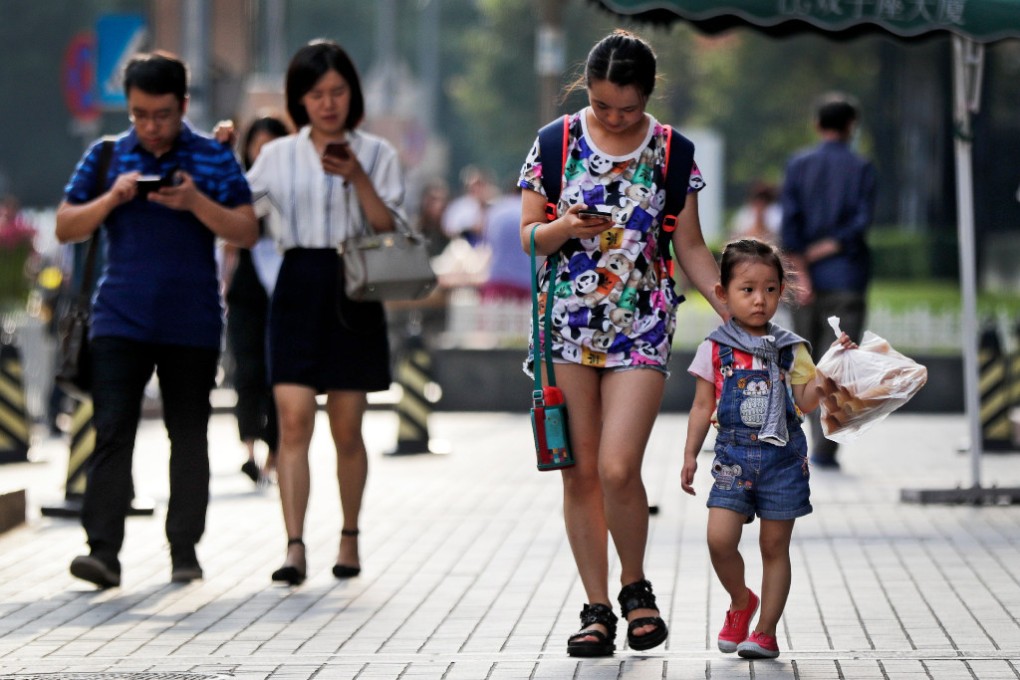Advertisement
Chinese netizens: What happens to our digital accounts when we die?
Digital legacy on WeChat and Weibo under spotlight as Facebook updates tools to handle memorial accounts
Reading Time:3 minutes
Why you can trust SCMP
0

This article originally appeared on ABACUS
From Instagramming vacation pictures to binging on Fortnite, many of us now spend a huge chunk of time building our lives online. But what happens to our digital accounts when we die?
This week, Facebook added a bunch of new features to handle the profiles of dead people. In China, where Facebook is blocked, people are wondering instead how their digital legacy will be dealt with on WeChat, Alipay and other popular online services. One of the top trending topics on Weibo on Thursday, read by more than 230 million people, was “What happens to the online assets of someone who suddenly died”.
How Weibo became China’s most popular blogging platform
“I’ve thought about this for a long time, especially when I read news reports of how people would look for the Weibo accounts of disaster victims and leave condolences,” one Weibo commenter wrote. “It’s heartwarming, but also a bit unsettling.”
In the rest of the world, major tech companies like Facebook, Twitter and Google have laid out clear guidelines on deceased users’ accounts. Facebook, for example, lets you assign a legacy contact to take care of your memorial account after death. The legacy contact won’t be able to log into your original account or read your messages. Twitter, on the other hand, only accepts requests to delete a dead person’s account.
The situation is more convoluted in China.
On Weibo, many users say they would prefer to see their accounts removed after they die rather than looked after by someone else, perhaps out of privacy concerns.
“If I die, please help me deactivate all my accounts, as if I had never been to this world before,” wrote one Weibo user in a comment with more than 3,200 likes.
Advertisement